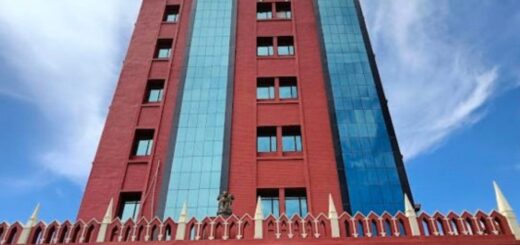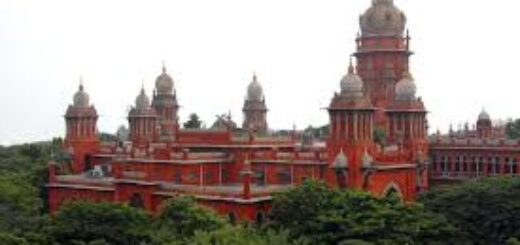The Supreme Court stated that a broken relationship alone does not lead to charges of abetment to suicide.

The Supreme Court cleared a man who was found guilty of helping in a suicide, stating that a broken relationship alone does not lead to such a charge. The Court overturned the Karnataka High Court’s conviction under Sections 417 and 306 of the IPC. It explained that the man’s refusal to marry the woman who died does not mean he encouraged her to take her own life. Justices Pankaj Mithal and Ujjal Bhuyan noted that the accused only declined to marry the deceased. Even if there was love, it was merely a broken relationship, which does not equate to abetting suicide. The deceased had brought poison from her village to Kakati, Karnataka, intending to get a marriage proposal from the accused; if that did not happen, she planned to end her life.
AOR Shirish K. Deshpande represented the accused, while AAG Muhammad Ali Khan was for the prosecution. The case involved a 21-year-old woman who took poison after the accused allegedly turned down her marriage proposal. They had been in a relationship for eight years. The woman’s mother filed a complaint claiming the accused had promised to marry her daughter but later refused. The prosecution presented two dying declarations from the deceased, family testimonies, and circumstantial evidence. Initially, the Trial Court acquitted the accused of all charges, including Section 376 of the IPC, but the High Court later overturned this decision and convicted him under Sections 417 and 306 of the IPC.
The Supreme Court stated that to charge someone with abetment, there must be an act of instigation. It explained that abetment requires a mental effort to encourage or help someone do something, and without a clear action from the accused, there is no instigation. Even in cases where a victim takes their own life due to mistreatment, the Courts have noted that conflicts in domestic life are common, and such actions often depend on the victim’s mental state. The Court emphasized that unless there is proof of the accused’s guilty intention, it is usually not possible to convict them under Section 306 IPC.
The Bench observed that the Appellant had merely declined to marry the deceased when asked, which was not a clear act intended to encourage her suicide. Therefore, the Court concluded that the High Court’s decision from December 15, 2011, could not be upheld and was overturned, leading to the acquittal of the accused-appellant, as the trial court had previously ruled. The Supreme Court granted the Appeal.
Cause Title: Kamaruddin Dastagir Sanadi v. State Of Maharashtra (Neutral Citation: 2024 INSC 908)
Appearance:
Appellant: AOR Shirish K. Deshpande
Respondent: AAG Muhammad Ali Khan; Advocates Omar Hoda, Eesha Bakshi, Kamran Khan, Arjun Sharma and Gurbani Bhatia; AOR D. L. Chidananda









